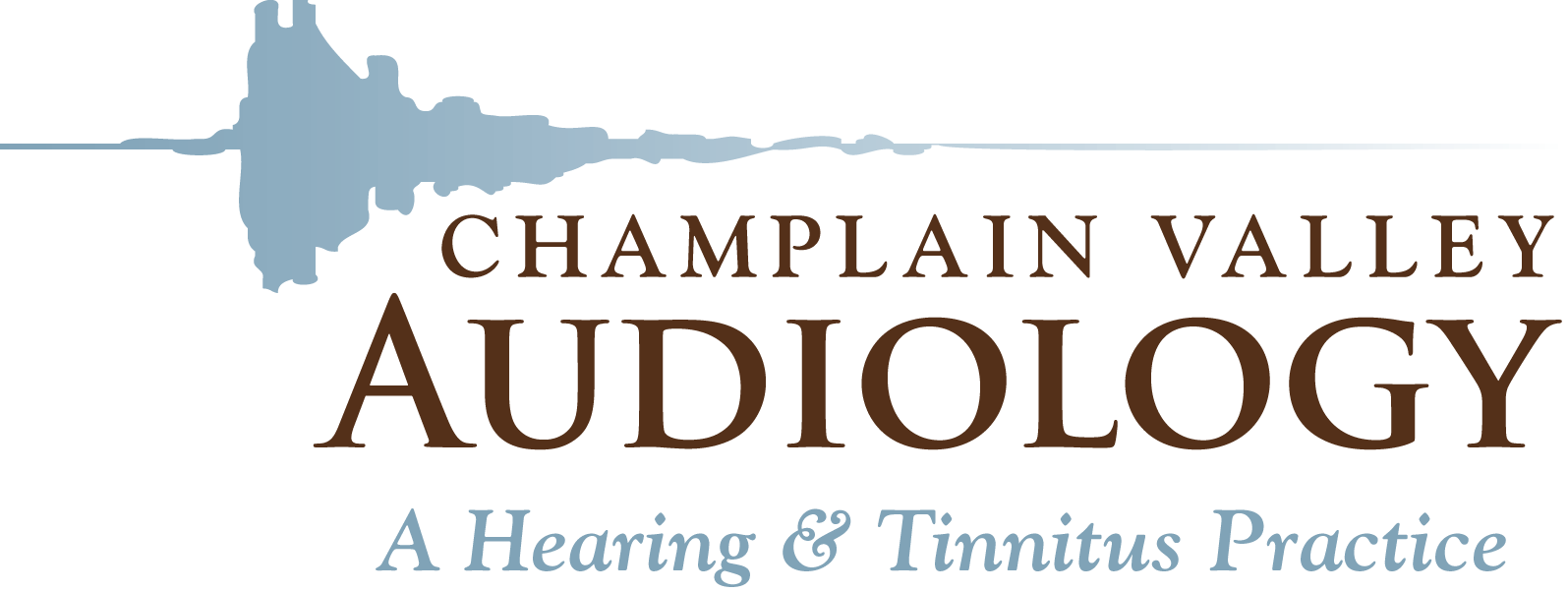Sound therapy, or acoustic therapy, works by reducing the awareness of tinnitus in relation to background sound. This type of therapy is delivered through a sound therapy device. These devices can be worn or be placed on a tabletop. Many different sounds are available, these include the following:
- Noise: Broadband noise is most widely used, likely because it is easy to ignore. Broadband noise sounds similar to radio static and includes a wide range of frequencies. This is believed to activate a large area of auditory cortex in the brain, possibly making this type of sound more effective.
- Music: Studies have found music to be effective for encouraging relaxation and reducing anxiety. Music can also help distract you from your tinnitus. Most clinicians use mild, moderate-tempo, instrumental music rather than fast-tempo music or music with vocalists, which can feel more stimulating than calming.
- Modulated tones: Amplitude and frequency can be varied, resulting in softly pulsing tones. Some patients find this a more effective, acceptable, and relaxing sound.
- Notched sounds: “Notched” sounds refer to sound with a portion of the spectrum removed or filtered out. Some approaches remove some frequencies from the frequency of the patient’s particular tinnitus pitch. Other strategies remove frequencies around the patient’s pitch match frequency.
- White noise machines: These devices, which produce simulated environmental sounds such as falling rain or ocean waves, are often an effective treatment for tinnitus. You may want to try a white noise machine with pillow speakers to help you sleep. Fans, humidifiers, dehumidifiers and air conditioners in the bedroom also may help cover the internal noise at night.
- Hearing aids: These can be especially helpful if you have an underlying hearing loss as well as tinnitus.
- Masking devices: Worn in the ear and similar to hearing aids, these devices produce a continuous, low-level white noise that suppresses tinnitus symptoms.
- Tinnitus retraining: A wearable device delivers individually programmed tonal music to mask the specific frequencies of the tinnitus you experience. Over time, this technique may accustom you to the tinnitus, thereby helping you not to focus on it. Counseling is often a component of tinnitus retraining.
Champlain Valley Audiology encourages many of these techniques to help patients live a more fulfilling life with tinnitus. Ask us if any of these treatments might be appropriate for you.
For more information on how Champlain Valley Audiology can help you, please give us a call at 518-324-5705.
